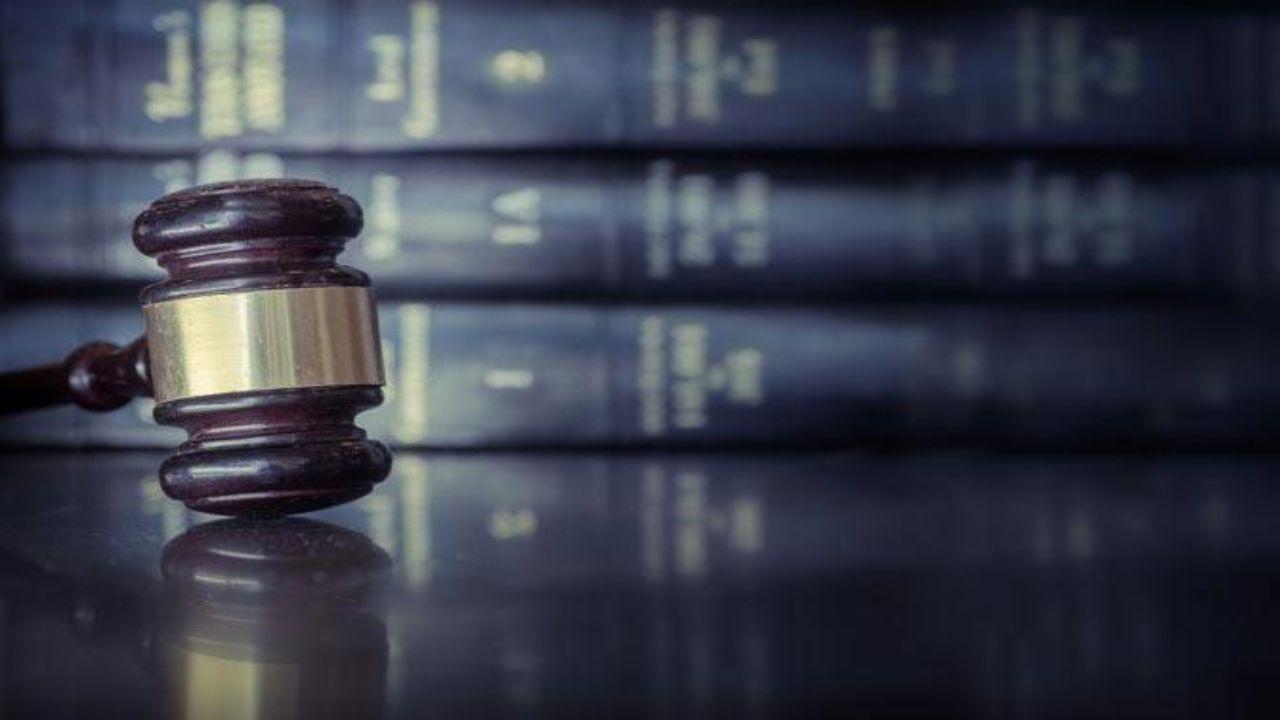The court held that as the applicants delayed proceedings under the pretext of COVID-19 infection and had received undue interim relief, thus, such orders causing damage to the image of judiciary and therefore a cost of Rs 25,000 be paid by each (total Rs 1 lakh) to GST authorities

Photo for representational purpose
Observing that ‘white collar offences are more serious than offences like murder and dacoity,’ the Aurangabad bench of the Bombay High court rejected petitions filed by four businesspersons who were booked for a ‘fraud’ evading Goods and Services Tax (GST) by producing fake invoices.
ADVERTISEMENT
As per a report in The Indian Express, the court held that as the applicants delayed proceedings under the pretext of COVID-19 infection and had received undue interim relief, thus, such orders causing damage to the image of judiciary and therefore a cost of Rs 25,000 be paid by each (total Rs. 1 lakh) to GST authorities within four weeks as cost of petitions and dismissed their pleas.
A division bench of Justice Tanaji V Nalawade and Justice Mukund G Sewlikar passed a judgement on four pleas by directors of M/s Ganraj Ispat Private Limited, having registered office at Supa in Ahmednagar district had sought quashing of ‘illegal proceedings’ against them and had sought stay on them pending hearing with protection from any coercive action.
The petitioners, through senior counsel Makrand D Adkar and advocate P B Shirsath contended that they were informed of GST liabilities of nearly Rs. 84 lakh and allegations were made for commission of offences as per GST law. It was submitted that the petitioners deposited the amount with the Directorate of GST intelligence ‘under protest’ and they wanted to contest the liability levied against them. The businesspersons challenged the prosecution claiming it to be based on ‘wrong conceptions’ and said that provisions of Criminal Procedure Code (CrPC) for registration of crime and investigation were not followed by the authority and therefore action taken against them was illegal.
However, advocate A G Talhar for the GST department said the pleas were ‘misconceived’ and no summons were issued against petitioners and that the department was following procedure as per the law. Talhar submitted that investigation into the businesses of another company had revealed that fake invoices without receipt or supply of good or services were prepared for availing input tax credit through a ‘fraud’ and many such invoices were issued to the petitioner’s company involving amount of nearly Rs. 5.5 crore, for which GST of Rs. 84 lakh was recoverable.
Denying petitioners’ allegations, the GST authority submitted that the search of premises of petitioners’ company conducted in November 2020, revealed such fake invoices and therefore the proceedings against them were justified. After hearing submissions and perusing material on record, the bench led by Justice Nalawade noted, “There is material to make out a prima-facie case of fraud against the petitioners.”
The court also noted that the petitioners had got interim relief from coercive action in their favour and that matter was deliberately filed before the vacation court to delay the same. The bench noted, “An attempt is made to give an explanation that the consultant of the company was infected due to Covid-19 virus. Such submission ordinarily cannot be accepted by the Court.” In light of these observations, the bench said, “Thus, the respondent department was virtually prevented from exercising its powers even like issuing summons. By such order, the petitioners indirectly got relief of anticipatory bail, which is also not ordinarily permissible in proceeding of present nature.”
Disposing the plea, the bench added, “White collar offences are more serious than offences like murder, dacoity etc. Such offences are committed after hatching conspiracy. This circumstance needs to be kept in mind by the Court as the granting of relief of anticipatory bail hampers investigation and such an approach causes damage to the image of judiciary…This Court holds that some costs need to be imposed on the petitioners.”
 Subscribe today by clicking the link and stay updated with the latest news!" Click here!
Subscribe today by clicking the link and stay updated with the latest news!" Click here!






